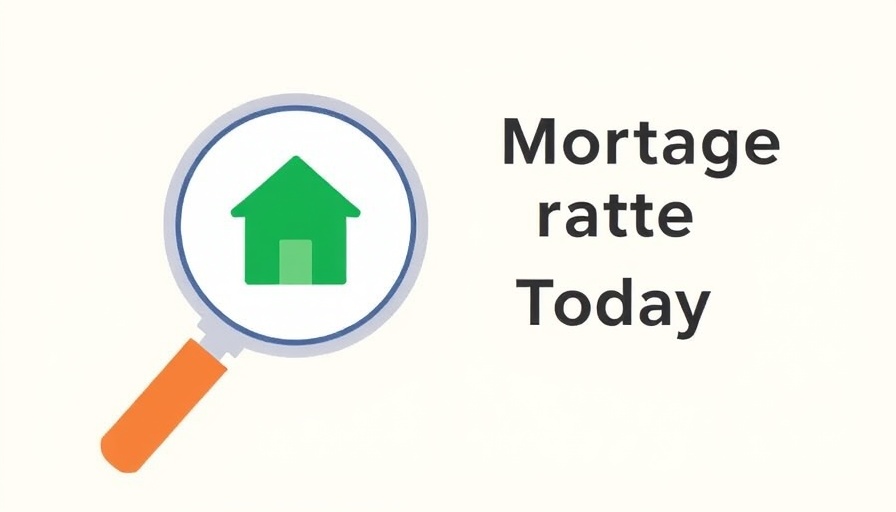
Navigating Nomadic Living: The Evolution of Insured Nomads
As a digital nomad or remote worker, selecting the right insurance policy can feel overwhelming. Insured Nomads, a recent entrant to the nomadic insurance space, understands this unique challenge. Tailored for full-time travelers, it offers building-block plans that allow users to customize coverage as their travel needs evolve. With a U.S. base of operations and partnerships with recognized insurance giants, Insured Nomads presents a trustworthy option for those seeking peace of mind while exploring the globe.
Understanding Coverage: What Insured Nomads Includes
The coverage plan options introduced by Insured Nomads are significant. The basic plan structure offers two main products: the World Explorer Hotspot for those traveling short to medium-term and the Connect Preferred/Preferred Plus for long-term stays. The former caters to emergencies and utilities during short trips, while the latter dives deeper into comprehensive health services for extended living abroad.
For example, the World Explorer Hotspot plan allows coverage of medical emergencies and offers additional perks, like airport lounge access during travel disruptions. However, coverage for routine visits or pre-existing conditions isn’t included. Conversely, the Connect Preferred option provides a fully rounded health solution for longer stints, including regular doctor visits and prescriptions.
Value in Flexibility: Customizing Your Policy
Travelers appreciate flexibility. Insured Nomads’ customizable approach allows holders to nimbly adjust their policies according to personal health needs and travel plans. This adaptability is essential in today’s unpredictable travel landscape, particularly for remote workers who may find themselves juggling multiple locations.
In addition to basic coverage, Insured Nomads allows add-ons that include telemedicine services, which can be particularly advantageous for those on the move. Mental health resources, crucial for the well-being of digital nomads, are also available in the long-term plan.
Comparative Insights: What Sets Insured Nomads Apart
While Insured Nomads positions itself favorably among nomadic insurance providers, it’s valuable to compare it to others like SafetyWing or World Nomads. Each provider has distinct policies tailored to traveler demographics. While SafetyWing is popular for budget-conscious nomads, Insured Nomads emerges as a premium choice, offering additional benefits and comprehensive coverage, particularly for those living abroad.
Insured Nomads also reassures customers with the backing of established underwriters, assuring potential clients that they are not dealing with an unknown entity. This trust becomes instrumental when making a decision on long-term healthcare during travels.
Cost Efficiency in Insurance for Remote Workers
The pricing structure of Insured Nomads is not one-size-fits-all, crafted around the age, travel duration, and chosen plan. However, prospective users might find the payouts for longer-term health coverage a worthwhile investment. The safeguard it offers against unforeseen medical emergencies serves to offset many travelers' hesitancy regarding their health security while abroad.
For example, a traveler planning a year of remote work in Southeast Asia might find the costs for the long-term plan a minor expense in comparison to potential medical expenses incurred from breaking a limb hiking or encountering a health issue.
Making Informed Decisions: Actionable Insights for Travelers
Deciding on travel health insurance should never be taken lightly. Here are some key takeaways for remote workers and digital nomads when selecting a plan:
- Evaluate Duration and Destination: Make sure your plan aligns with your travel frequency and destinations, particularly concerning local healthcare systems.
- Look for Comprehensive Coverage: Always check the fine print for coverage limits, especially regarding pre-existing conditions and routine care.
- Understand the Add-Ons: Evaluate the need for features like mental health support, telemedicine, and evacuation coverage, as these can enhance your experience and security.
Conclusion: Finding Your Peace of Mind on the Road
In conclusion, Insured Nomads represents a favorable choice for digital nomads navigating the complex world of international insurance. Its customizable plans, financial backing from reputable underwriters, and robust offerings speak to a growing understanding of the unique challenges faced by remote workers. If you’re a full-time traveler, weighing your options and understanding how to utilize the benefits of Insured Nomads can elevate your travel experience — ensuring that you're protected wherever your adventures take you.
If you’re considering a travel insurance policy that accommodates your nomadic lifestyle, look into Insured Nomads and explore what they offer that could fit your specific needs.
 Add Row
Add Row  Add
Add 




Write A Comment